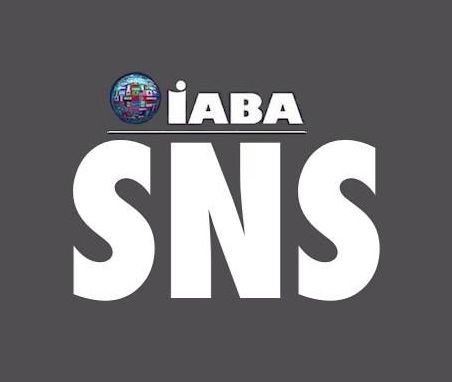Call for Papers:
a/b: Auto/Biography Studies
Special Issue on Trans Narratives (34.1)
“Trans” has taken on a number of important theoretical and critical meanings inside and outside the academy. A prefix with the sense in the OED of ‘across, through, over, to or on the other side of, beyond, outside of, from one place, person, thing, or state to another,’ “trans” can attach itself to other words to connote movement and change, and in this sense it affects what we think we know about media or nation, working to destablize settled knowledge about the world we live in. When it is attached to identity, it has destablized ideas about gender and sexuality.
In this special issue we seek to interrogate the idea of “trans” in multiple registers, bringing a prefix (or a “fix”) to the center of life writing studies at the present time. We especially want to understand through life writing and its theory what “trans” means when we talk about identities and bodies, and understand better what the critical terms “transmedia” and “transnational” can mean for the field. We welcome work across a variety of disciplines and approaches.
The field of trans studies
itself has moved away from a critique of medical and radical feminist texts but has kept issues of representation, the body, and identity as the foundation of research. Susan Stryker and Paisley Currah’s call for an expansion of the trans- prefix to reflect an “inherently unfinishable combinatorial work” has resulted in a plethora of new connections. With the increasing interdisciplinarity and popularity of trans studies, it is important that the prefix trans- stay grounded in trans(gender) identity while also exploring the potential of relating trans experiences to other experiences of being “across” or “between”.
At a time when the term transmedia
is becoming increasingly "buzzy," invoked as a vague new media strategy, “transmedia” most often is conceived of as a story that is dispersed across different media platforms, creating a more immersive experience for audiences. The term is evocative when we consider how often the work of life writing occurs across media platforms, whether by design or unintentionally. Yet “transmedia” remains under-theorized in the study of auto/biography.
An inherently interdisciplinary term, transnational
seems to be growing more and more interchangeable with categories of “cross” and “inter”, all vaguely referring to movement across boundaries between nations, cultures, and locations. Most discussion of the category already situates it in relation to other categories of identity and national belonging, highlighting multiple national frameworks. Within discussions of auto/biography the transnational has the potential to bring into view the flow of humans and life stories as capital between nation-states. The transnational could name the production, circulation, and consumption of life stories particularly in contexts that transcend national borders.
Topics we're looking for could include:
● trans pedagogies, or trans as pedagogy
● trans as creative practice
● life writing across or beyond identity politics and the politics of recognition
● trans religion
● violence and trauma and therapeutic studies in light of trans formations
● making transmedia theory
● fluidity and multiplicity, in texts, visual art and fashion
● translation of languages, theories, media expressions
● transnational or diaspora?
● trans, transmedia and transnational and the everyday
● relations between trans categories - how they shape one another
● production, reproduction, reproductivity
● transmedia, audiences and consumption
● movement between places, identities, cultures
● the transnational as movement within nations
● trans as discourse, identity, reading strategy, or genre
Want to Submit? See Below and Be Sure to Check Out the Taylor & Francis Author Services Page!
Include a coversheet with your name and contact details with a 50 word bio. Authors must also include a fifty-word abstract and two to four keywords with their submissions. Essays should be 6,000-8,000 words including citations. Citations should be in MLA 8th edition. Images with captions must be submitted in a separate file as 300 dpi (or higher) tif files. It is the author’s responsibility to secure any necessary copyright permissions and essays may not progress into the publication stage without written proof of right to reprint.
All essays submitted for the special issue, but not selected, will be considered general submissions and may be selected for publication. Inquiries welcome.
Submissions are due January 15, 2018.
Please email submissions to the coeditors: Anna Horvat, Orly Lael Netzer, Sarah McRae, and Julie Rak.
Editorial information
Co-Editor : Ana Horvat (ahorvat@ualberta.ca )
Co-Editor : Orly Lael Netzer (laelnetz@ualberta.ca)
Co-Editor : Sarah McRae (sarah.mcrae@ualberta.ca)
Co-Editor : Julie Rak (mailto:julie.rak@ualberta.ca)


